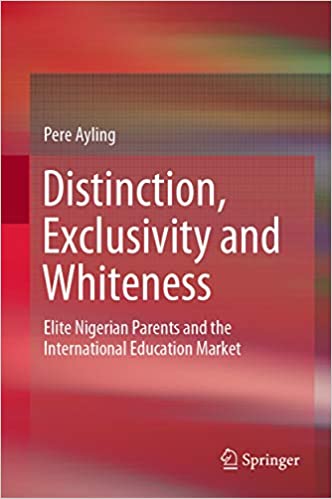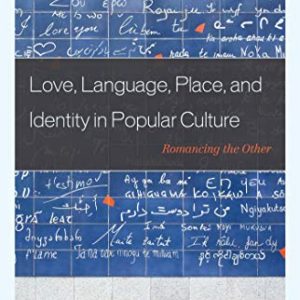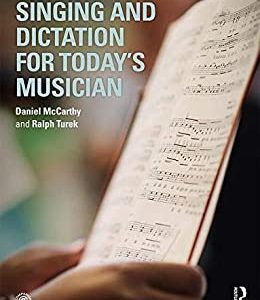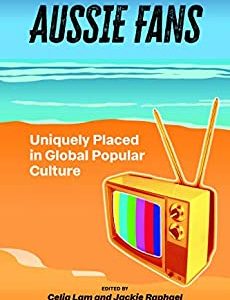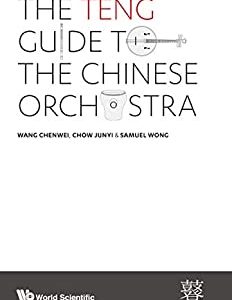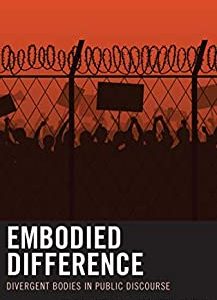This book offers unique insights into elite Nigerian parents’ engagement with, and use of, the international secondary education market as they attempt to retain their social standing – via their children – under today’s shifting global conditions.Throughout, the book tackles two important, albeit uncomfortable questions: Why does whiteness hold the highest possible value in postcolonial societies such as Nigeria? And, more importantly, why do black people accept the hegemonic discourse that West/white is best?Combining the theoretical frameworks of Pierre Bourdieu and Frantz Fanon, the book reveals ‘Whiteness’ as a highly valuable form of cultural and symbolic capital that plays a crucial role in the formation of, and struggle for, elite status and distinction in modern-day Nigeria. Drawing on rare qualitative data sets along with postcolonial literatures, the book reveals how British whiteness is used by those working at and for British private schools in Nigeria (BPS-NIG) as an informal but powerful mechanism of ‘quality’ control, and in constructing the image of ‘world-class’ educational establishments.
Product details
- File Size: 1094 KB
- Print Length: 239 pages
- Publisher: Springer; 1 edition (February 19, 2019)
- Publication Date: February 19, 2019
- Language: English
- ASIN: B07P24TMBC
- Text-to-Speech:
Enabled

- Word Wise: Enabled
- Lending: Not Enabled
-
#14260
in Philosophy & Social Aspects of Education -
#8101
in Popular Culture -
#4185
in Education Philosophy & Social Aspects

